S. 1092: Wastewater Infrastructure Pollution Prevention and Environmental Safety Act
This bill, known as the Wastewater Infrastructure Pollution Prevention and Environmental Safety Act, aims to improve the labeling of certain consumer products, specifically disposable wipes, to prevent them from being flushed down toilets. Here is a summary of its key provisions:
Labeling Requirements
The bill requires manufacturers and sellers of specific disposable products (referred to as “covered products”) to clearly label them with a “Do Not Flush” message. This applies to:
- Premoistened, nonwoven disposable wipes marketed as baby wipes, household cleaning wipes, or personal care wipes.
- Wipes that are made in part from petrochemical-derived fibers and have the potential to be flushed.
Packaging Specifications
Different specifications are established for how the “Do Not Flush” symbol and label should be displayed on various types of packaging:
- Cylindrical packaging: The symbol and message must be visible whenever a wipe is dispensed.
- Flexible film packaging: Similar visibility requirements apply, ensuring the label is on the principal display or dispensing sides.
- Rigid packaging: For refillable tubs or similar containers, the labeling must be clear and visible when using the product.
- Bulk packaging: The label must be present both on the outer packaging and on individual items inside.
- Combined products: Certain packaging for combined products may be exempt from some requirements.
Visibility and Contrast
The bill mandates specific visibility standards to ensure that the labeling is legible. This includes requirements for size, contrast with the background, and accessibility for consumers when purchasing and using the products.
Flushability Claims
Manufacturers are prohibited from making any claims that a covered product can or should be flushed. This aims to ensure that consumers do not mistakenly believe that these products are safe to dispose of in toilets.
Enforcement
The Federal Trade Commission (FTC) is designated as the body to enforce compliance with this bill. Violations will be treated similarly to deceptive or unfair practices under the FTC Act, which means there could be penalties for non-compliance.
State Law Preemption
No state or local laws can establish requirements regarding "Do Not Flush" labeling that differ from those outlined in this bill. This preemption is intended to create uniformity across the United States.
Definitions and Coverage
The bill provides explicit definitions for terms such as covered entity, covered product, high contrast, and others to clarify the scope and intent of the legislation.
Effective Date
This law will take effect one year after its enactment, giving manufacturers time to comply with the new labeling requirements.
Relevant Companies
- CLX (The Clorox Company) - They produce various cleaning and personal care wipes and will need to adapt their packaging to comply with the new labeling regulations.
- PG (Procter & Gamble) - Known for manufacturing personal care products, including wipes, which will be affected by these labeling requirements.
- UNVR (Univar Solutions Inc.) - As a supplier of cleaning products, they may need to reconsider their packaging for compliant products.
This is an AI-generated summary of the bill text. There may be mistakes.
Sponsors
10 bill sponsors
-
TrackJeff Merkley

Sponsor
-
TrackRichard Blumenthal
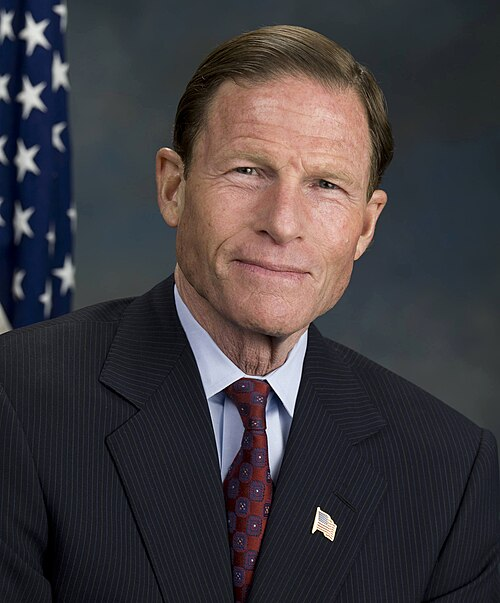
Co-Sponsor
-
TrackSusan M. Collins

Co-Sponsor
-
TrackAngus S. King Jr.

Co-Sponsor
-
TrackEdward J. Markey
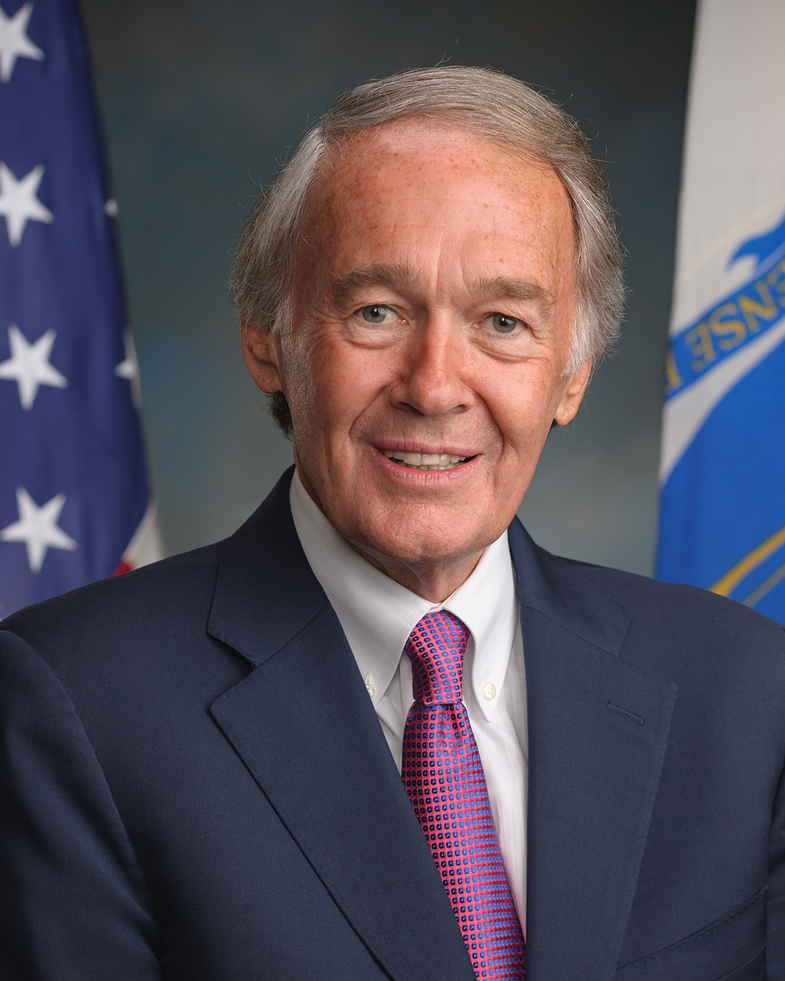
Co-Sponsor
-
TrackPatty Murray
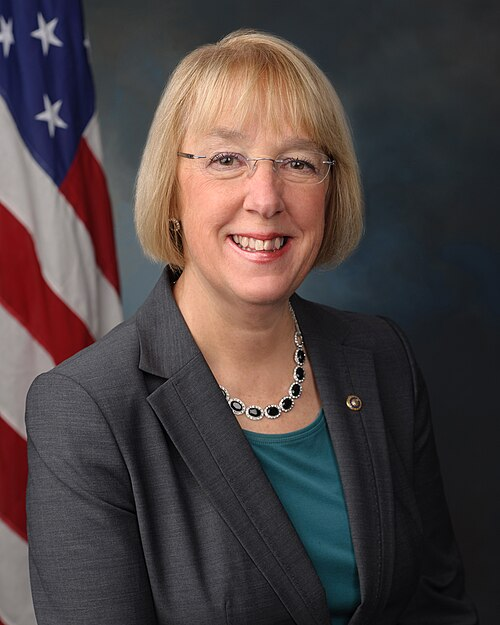
Co-Sponsor
-
TrackAlex Padilla
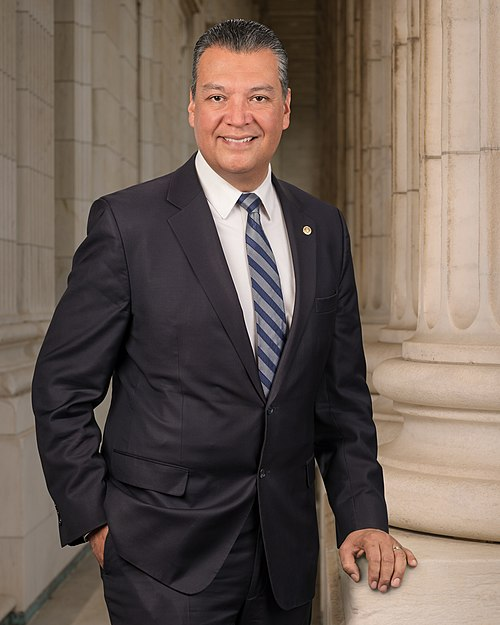
Co-Sponsor
-
TrackJeanne Shaheen
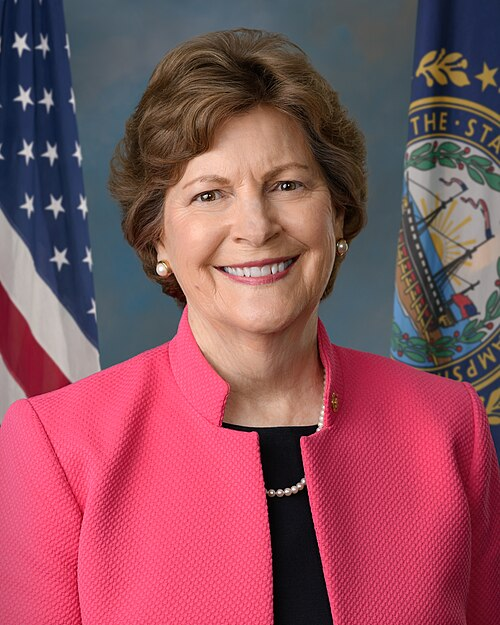
Co-Sponsor
-
TrackElizabeth Warren
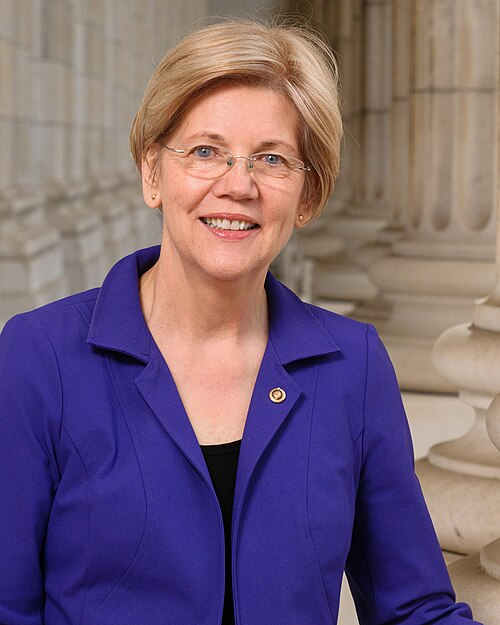
Co-Sponsor
-
TrackRon Wyden

Co-Sponsor
Actions
5 actions
| Date | Action |
|---|---|
| Sep. 19, 2025 | Committee on Commerce, Science, and Transportation. Reported by Senator Cruz with an amendment in the nature of a substitute. With written report No. 119-63. |
| Sep. 19, 2025 | Placed on Senate Legislative Calendar under General Orders. Calendar No. 166. |
| May. 21, 2025 | Committee on Commerce, Science, and Transportation. Ordered to be reported with an amendment in the nature of a substitute favorably. |
| Mar. 24, 2025 | Introduced in Senate |
| Mar. 24, 2025 | Read twice and referred to the Committee on Commerce, Science, and Transportation. |
Corporate Lobbying
0 companies lobbying
None found.
* Note that there can be significant delays in lobbying disclosures, and our data may be incomplete.







